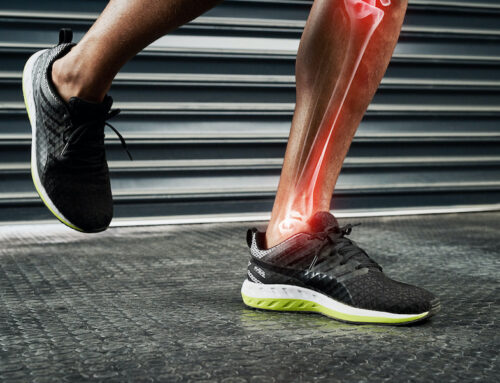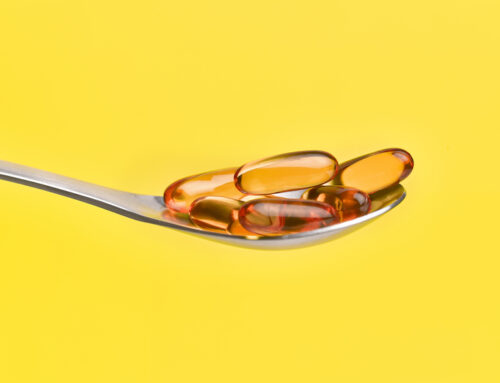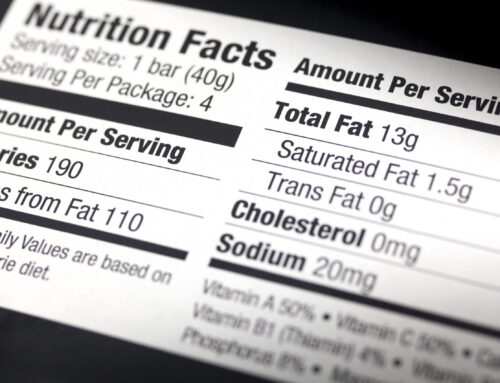It doesn’t matter whether you’re a complete beginner to taking up your healthy lifestyle or the most competitive and seasoned athlete around. The importance of nourishing your body is still paramount. Whether you’ve weight to lose, fat to burn or extra speed and endurance to gain these will only happen if the correct elements are supplied to the body, or in this case consumed by the you, the individual. Nutrition needs to be recognised as a key component in your routine because meal timings, the food content and portion size can all have different impacts on how your body uses it, and with varying outcomes. Ideally a pre workout meal or snack should contain sufficient carbohydrates and a little amount of protein in comparison, whereas a post workout meal should be the opposite way round.
If you’re looking to eat before a workout typically for a weights/resistance session you should aim to eat 1 hour before. This gives sufficient time for the food to be broken down enough, so that it can be used as energy as opposed to be a hindrance because it hasn’t fully digested. You should aim to eat 30 to 40 grams of carbohydrate to no more than 20 grams of protein for a strength session pre workout. If the session is set to be longer and more aerobic focused aim to take on 70 grams of carbohydrates to 10 grams of protein.
As a basic rule of thumb if you’re eating two to three hours before your session then double the amount of both. If you’re eating up to 30 minutes before (Cardio workouts only) then 30 grams of carbohydrates is enough. Make sure to eat the right meal for the right workout as this can really boost or hinder your gains.
As a post workout meal your priority should be to replenish and repair broken cells with protein. A little bit of carbohydrates will help this along, but you don’t actively need an ‘amount’ of carbohydrates after your workout. Training, in any description of the word will increase your core temperature and therefore make your body sweat, in an attempt to cool down. However, the moisture leaking from your skin is a mixture of water and electrolytes, not fat or weight. It is important to rehydrate throughout and afterwards to ensure your body upholds all of the functions required. It is recommended that post training you should consume upto 30 grams of quality protein, whether this be from whole foods or from a supplement. Bear in mind that if you are looking to lose fat and tone up, a protein supplement offers a high dose of quality protein, without the abundance of carbohydrates and fats you would get in the whole food alternative but that is not to say don’t eat the whole food alternative.
Most people train in a morning or evening. If this is the case for you then I would personally recommend either having a pre workout snack before your morning session followed up by a high protein and moderate carbohydrate breakfast. Body Planners protein pancakes fit this bill very well as a post workout. If you are training on an evening you don’t actually need to think so much on your pre workout because a breakfast and lunch meal will provide sufficient carbohydrates to fuel your session. Your emphasis should be getting your session done, and coordinating your evening meal as a post workout (eradicating the need for supplementation at this time) or alternatively if you’re training is later than your evening meal then you should consider just the supplement for afterwards.
This is a lot of information to consume and digest, but it is important that you do because eating the right amount, at the right time and for the right reasons will significantly boost your goals, your success and motivation to continue doing so. If you are trying actively to lose weight/ inches or tone up then it is absolutely vital you are in a calorie deficit for the majority of the time, and certainly between weigh days. You can easily achieve a calorie deficit by watching what you eat, but you can easily over eat by paying lip service to it.
If you have any questions about this article or something more specific, we’re always happy to help. Eat the right things, at the right time and for the right reasons.







 >
>

Leave a Reply